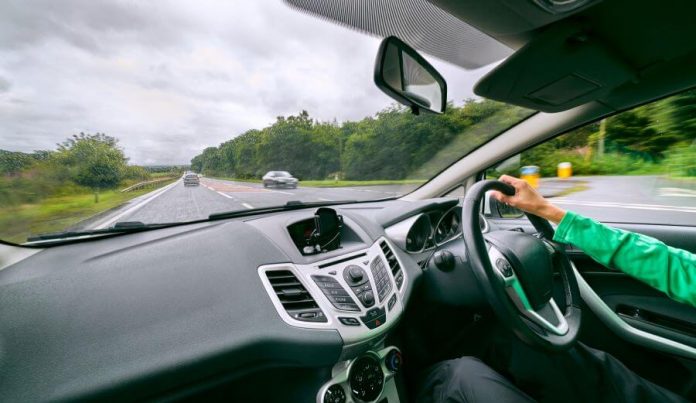The future of car financing is undergoing a remarkable transformation, propelled into the future by the advent of black box technology. This cutting-edge innovation is shifting the dynamics of how loans and insurance policies are structured, tailoring them more precisely to individual driving habits and vehicle usage.
Black box car finance, a concept that integrates sophisticated data recording devices in vehicles, is not just a technological leap but also a paradigm shift in assessing risk and customizing financial products.
This introduction of technology into traditional financing models is reshaping the industry, making it more adaptable, transparent, and consumer-friendly.
As we dig into the intricacies of this evolving landscape, it becomes evident that black box technology is not just an addition to the auto finance sector, but a game-changer that is redefining its very foundation.

The Evolving Landscape of Auto Financing
The auto financing industry is witnessing a significant transformation, driven by technological advancements and changing market dynamics. This evolution is being marked by the integration of black box car finance technology, which is redefining the way lenders assess risk and offer financing.
Traditional financial institutions, once the primary players in auto financing, now share the market with a diverse array of new entrants. This includes fintech companies and online auto retailers such as Carvana and Vroom, who are leveraging digital platforms to innovate and capture market share.
These entities are harnessing the power of data analytics and black box technology to offer more personalized financing solutions.
Black box technology, which monitors driving behaviour and vehicle usage, is providing lenders with a wealth of data. This data is invaluable in assessing the risk profile of borrowers more accurately, leading to tailored financing options.
The technology’s ability to collect and analyse real-time vehicle data is not only revolutionizing risk assessment but also paving the way for more dynamic and flexible financing models.
As this technology continues to gain traction, it represents a critical shift in the auto financing sector. It enables a more data-driven, customer-centric approach, potentially leading to more competitive rates and innovative financing products.
The Impact of Black Box Technology
The integration of black box technology in the automotive industry marks a significant leap forward, particularly in the realm of car financing.
This technology, akin to a digital data recorder for vehicles, is revolutionizing the way we understand and manage driving behaviour, vehicle usage, and risk assessment.
Enhanced Risk Assessment
Black box technology provides a treasure trove of data about how, when, and where a vehicle is driven. This data is invaluable for financiers and insurers, allowing them to assess risk with unprecedented precision.
By analysing driving patterns, such as speed, braking habits, and route choices, lenders can develop a more nuanced understanding of a borrower’s risk profile.
This leads to more personalized financing and insurance rates, moving away from one-size-fits-all models to tailor-made solutions based on individual driving behaviour.
Revolutionizing Accident Investigation
In the event of an accident, black box technology offers a detailed and objective account of the incident. This capability is crucial for both insurance claims and legal proceedings, providing clear, tamper-proof evidence that can establish fault and liability.
The technology’s ability to record key parameters just before and during a crash significantly reduces the ambiguity often associated with accident reconstruction. This not only streamlines the claims process but also enhances the accuracy of outcomes.
Shaping Consumer Behaviour
Black box technology also has the potential to influence driving behaviour positively. With increased awareness that their driving habits are being monitored, drivers may adopt safer driving practices. This not only reduces the risk of accidents and reduces damage to the car and its paint but can also lead to lower insurance premiums and more favourable financing terms.
The Future of Auto Financing
The integration of black box technology in auto financing is likely to become more prevalent. Its ability to provide granular data on vehicle use and driver behaviour presents an opportunity for lenders to refine their risk models and pricing strategies.
Integration with Electric Vehicles (EVs)
The rise of electric vehicles (EVs) adds another layer to the auto financing landscape. As EVs gain popularity, their distinct financing needs, considering higher upfront costs and lower operational expenses, will become a focus. Black box technology could be instrumental in assessing the long-term value and performance of EVs, influencing financing decisions.
Conclusion
Black box technology is set to play a pivotal role in the future of car financing, offering a more data-driven, personalized approach. It aligns with the broader digital transformation in the automotive industry, promising a more efficient and user-centric experience in car ownership and financing.









































